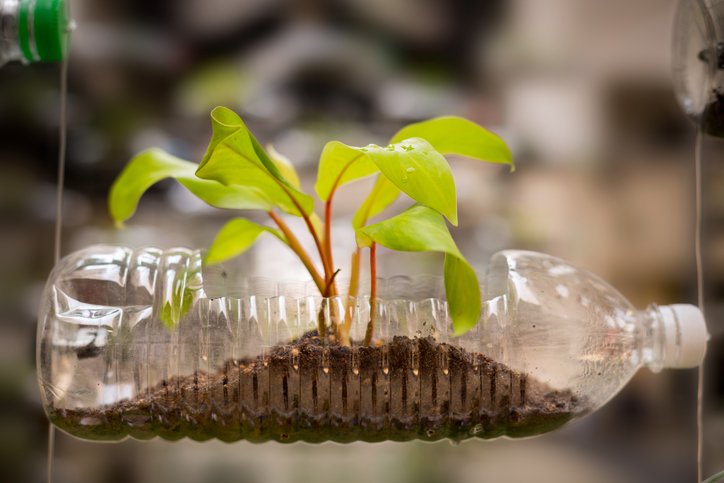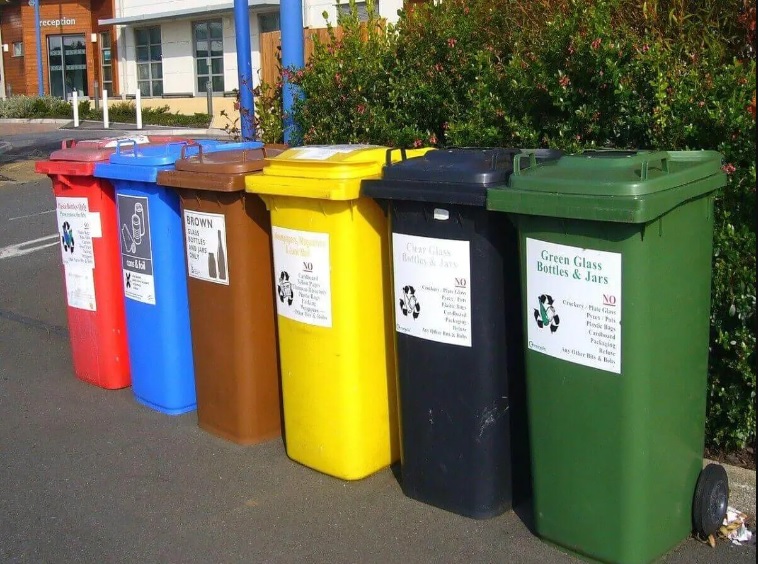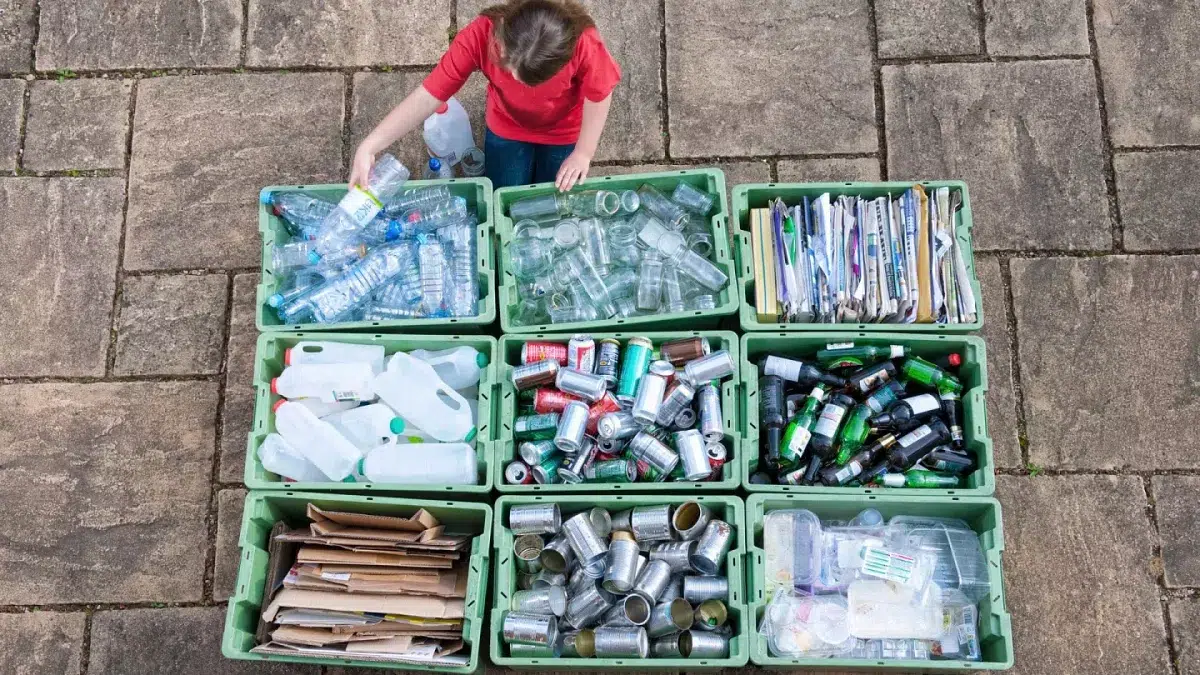Plastic Bonds
Plastic bonds are an emerging tool designed to address the problem of plastic in the environment. These bonds represent units of plastic that have been recycled or managed sustainably, incentivizing the reduction of plastic waste and promoting effective recycling practices.
Portada / Plastic Bonds
What are Plastic Bonds?
Plastic bonds are certificates that represent a specific amount of plastic that has been recycled or avoided. They are issued for projects that manage plastics sustainably, such as recycling plastics or reducing plastic pollution. Bonds can be purchased by companies or individuals to offset their plastic footprint and support waste management initiatives.
Key Components of Plastic Bonds
Plastic bonds are essential in the fight against climate change for several reasons:












